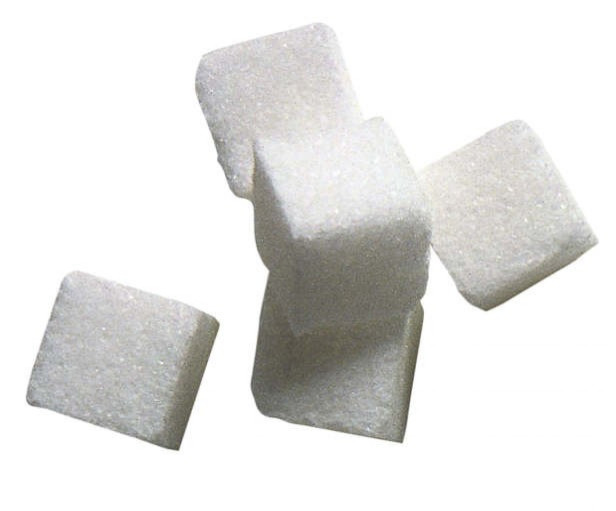Toxic Sugar? Researchers Urge Sweet Tax and Regulations Similar to Ones for Alcohol, Tobacco

Governments should regulate sugar similar to alcohol and tobacco not only to help fight the obesity epidemic, but to halt a host of diseases linked to sugar such as heart disease, obesity, diabetes and metabolic syndrome.
The call to action came from a group of experts in public health, sociology and endocrinology at the University of California, San Francisco and was published Thursday in the journal Nature.
The sugar-as-toxin theory goes beyond the notion of empty calories and puts the super-sweetened Western diet on the hot plate, saying that sugar causes the majority of non-communicable diseases worldwide and consumes 75 percent of U.S. health care treatment costs.
As long as the public thinks that sugar is just 'empty calories,' we have no chance in solving this, Robert Lustig, UCSF pediatrics professor and director of the Weight Assessment for Teen and Child Health (WATCH) Program, said in a statement. There are good calories and bad calories, just as there are good fats and bad fats, good amino acids and bad amino acids, good carbohydrates and bad carbohydrates. But sugar is toxic beyond its calories.
The problem isn't just sugar's link to obesity, but its role in metabolic syndrome, a change in a patient's metabolism that can lead to diabetes and heart disease. Forty percent of patients with metabolic disease are not obese, which indicates another underlying cause. The experts say that cause is sugar and statistics show most of that most sugar comes from sweetened drinks such as soda, sports drinks, energy drinks and fruit drinks.
Over the past 45 years, adults have increased the number of calories from sweetened drinks by four fold, according to data from the Centers for Disease Prevention and Control.
The American Beverage Association responded on its website: We believe providing more options - not taking them away - is a better solution to help parents and individuals choose beverages that are right for them and their families.
The Sugar Association, a Washington D.C.-based lobbying arm of the sugar industry, insisted that sugar isn't the bad guy.
The current focus on reducing sugars in the diet will only exacerbate the troubling growth in fat consumption in the United States, the group states on their website. Scientific studies have documented the inverse relationship between fat and sugars intake. The emphasis should be on individuals reducing their overall food and beverage intake (calories).
However, in the proposed sugar regulations, the authors argue that individuals alone can't necessarily stop their sugar addiction.
We're not talking prohibition, Laura Schmidt, one of the authors of the recommendation, said in a statement. We're not advocating a major imposition of the government into people's lives. We're talking about gentle ways to make sugar consumption slightly less convenient, thereby moving people away from the concentrated dose. What we want is to actually increase people's choices by making foods that aren't loaded with sugar comparatively easier and cheaper to get.
© Copyright IBTimes 2024. All rights reserved.





















